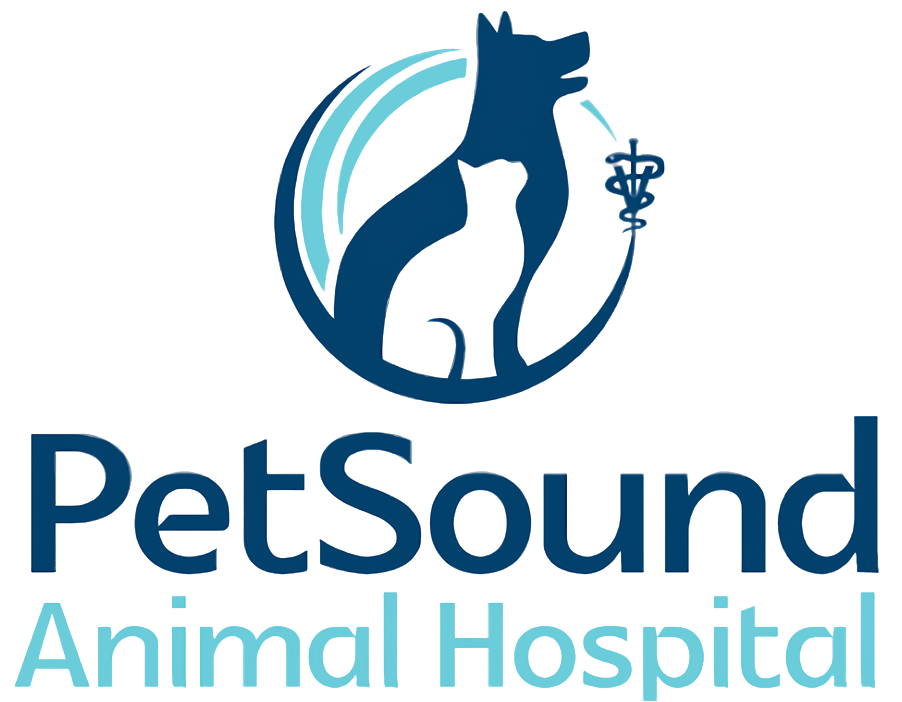Articles
-
Lysosomal storage diseases are a rare collection of conditions that are inherited. Many of them are more prevalent in certain breeds and are seen in the first few months of life. Clinical signs vary depending on the type of disease, but commonly include failure to thrive, incoordination, vision loss, and seizure. Prognosis is usually poor for long-term survival.
-
Mastitis is inflammation of a mammary gland (breast). In most cases, mastitis is caused by a bacterial infection. Less commonly, mastitis may occur due to the mammary gland, or prolonged periods of milk accumulation without milk removal, leading to inflammation in the gland. This handout discusses causes, signs, diagnosis, and treatment of this condition.
-
Miscarriage (spontaneous abortion) refers to the death of a fetus during pregnancy. It can occur at any time during pregnancy, though the signs vary depending on the stage at which it occurs. This handout discusses signs, diagnosis, and treatment.
-
Many herding breeds (most commonly Collies and Australian Shepherds) have a mutation at the MDR1 gene that makes them more sensitive to the negative effects of certain medications. This handout explains how this mutation works and how to know if your dog is affected.
-
Most pet pregnancies and deliveries go smoothly, but as a caring pet owner, you should be prepared for the unexpected. This handout outlines what you should know about common pregnancy complications.
-
Pregnancy in dogs can be diagnosed several different ways including blood tests, radiographs and ultrasound. The benefits and limitations of each test are discussed. Ultrasound is the gold standard for pregnancy detection and assessing viability.
-
Pyometra is a serious and life-threatening infection in the uterus, occurring in female dogs who have not been spayed. The condition must be treated quickly and aggressively. The preferred treatment is to surgically remove the uterus and ovaries by performing an ovariohysterectomy. There is a medical approach to treating pyometra, although the success rate is highly variable and not without considerable risk and potential long-term complications.
-
Most dogs care for their puppies with little need for human intervention; if they do not, then their caregivers need to step in. It is critical to maintain a warm environment and ensure they receive enough milk. Puppies’ weight should be checked daily in the first two weeks, and any prolonged crying should be investigated. Feeding can be supplemented with commercial milk replacer if needed. Further feeding and vaccination recommendations are discussed. Contact your veterinarian for specific recommendations.
-
Cryptorchidism is the failure of one or both testicles to descend into the scrotum. Risks of retained testicles include testicular cancer, spermatic cord torsion, and the development of undesirable male characteristics, so neutering is strongly recommended.
-
Spaying is the common term for the surgical procedure known as an ovariohysterectomy. In this procedure, the ovaries and uterus are removed to sterilize a female dog. This operation requires a general anesthetic and complications are rare. Spaying is recommended to prevent ovarian and uterine cancer, prevent unwanted pregnancy, and reduce the risk of mammary cancer and pyometra.

